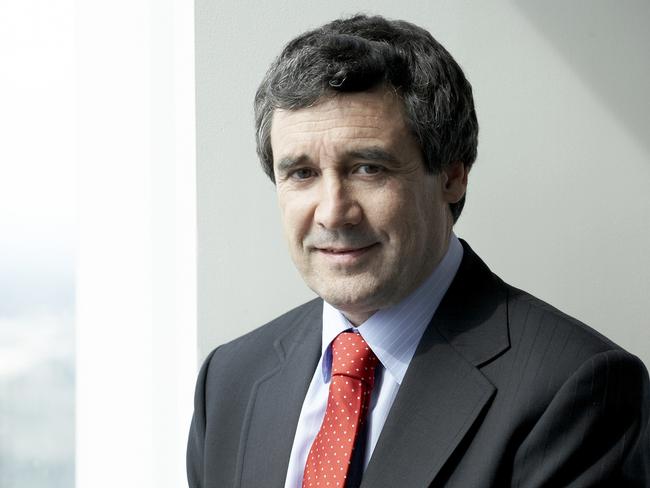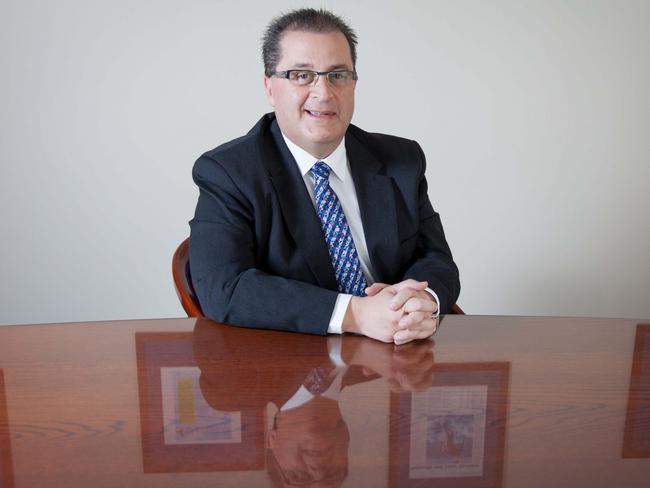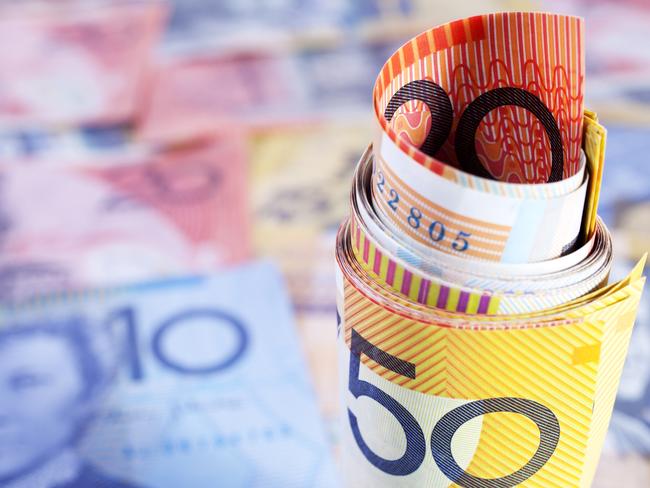Superannuation savers are failing to chase free money from the government
FEWER than one in ten Aussies are injecting money into their superannuation accounts, despite the massive financial incentives on offer.
Super
Don't miss out on the headlines from Super. Followed categories will be added to My News.
FEWER than one in 10 Australians are injecting extra money into their superannuation, potentially costing themselves thousands of dollars a year in missed government giveaways.
A new study examining more than one million super fund accounts has found that 92 per cent of savers only have the compulsory 9.5 per cent employer contributions paid into their super, which specialists say is not enough to afford a comfortable retirement.
Global investment group Vanguard’s research shows that some free money incentives — such as $500 for co-contributions and $540 for spouse contributions — are only used by one per cent or less of super fund members.
“You wouldn’t walk past $500 if it was in an envelope on the footpath on the way to work,” said Vanguard head of market strategy Robin Bowerman.
“The inertia factor is pretty strong.”
RELATED: What we spend and don’t tell our partners

RELATED: Compare super funds to see if you’re getting the best deal
Vanguard’s How Australia Saves 2017 report — a partnership with Sunsuper — found that about 4 per cent of people used salary sacrifice last financial year, bumping up their average contribution from 9.5 per cent to a healthy 16 per cent.
Only 0.5 per cent made contributions to their spouse’s super to potentially qualify for a $540 tax offset, and just one per cent took advantage of the government’s co-contribution scheme for low and middle income earners, which deposits $500 if a member injects $1000 of their own money.

Financial strategist Theo Marinis said many people did not trust super because the government kept changing the rules.
“People use that as an excuse but are giving away guaranteed money,” he said.
“If someone said give me $1000 and I will give you $1500, you wouldn’t hesitate. It’s a good deal.”
Mr Marinis said salary sacrifice could deliver an Australian earning $80,000 a year up to $3370 in annual net tax savings, and any extra contributions would benefit from years of compounding interest.
“If your fund gets a seven per cent annual return, every 10 years your money doubles in value,” he said.
“As human beings, we know what we should do but we look for the easy way out. If we didn’t have compulsory super, 90 per cent of us would have nothing when we retire.
“It’s human nature — the more you earn the more you spend. If your salary doubles you are still spending 101 per cent of it.”

Vanguard’s report says member inertia and super fund default settings are key drivers of the superannuation system, and that keeping money in a fund’s default option has delivered good results and at lower risk than people who were self-directed.
Mr Bowerman said almost 85 per cent of Australians had their money in their super fund default option.
“Sometimes people beat themselves up because they are not really engaged, but perhaps the best option is to actively choose to be in default,” he said.
Originally published as Superannuation savers are failing to chase free money from the government


